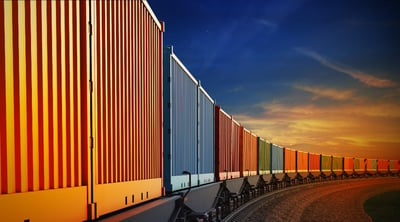- Home
- About
- Services
- Tools & Resources
- Client Info
- Request Info
- Carrier Tools
- Contact Us
- Get a Quote
- Français
There are numerous PGAs that regulate goods being imported into Canada. One such PGA, Environment and Climate Change Canada (ECCC), has recently implemented more stringent requirements on the importation of engines for emission standards.
Enhanced emission requirements on engines mean more enforcement on non-compliant engines. If you buy or import used equipment with engines, you may be subject to increased scrutiny and enforcement by ECCC.
Read more about Environment Climate Change Canada
Read more about Single Window Initiative and PGAs

Customs agencies can audit import transactions even after release. Preferential tariff treatment is one program Customs will look at.
Whether or not imported goods qualify for preferential tariff treatment (duty-free status) depends whether a supplier/manufacturer can provide proof of origin.
Understanding whether your imported goods qualify for a Free Trade Agreement (FTA) is important in avoiding this knowledge gap. Make sure you have an audit trail to furnish proof of origin if required by Customs.
Read more about Canada’s current Free Trade Agreements
Read more about USMCA/CUSMA rules of origin
Anti-dump duty can add significant costs to an importer’s bottom line if you haven’t done enough research on the goods and the countries from which they originate.
For example, the Canada Border Services Agency (CBSA) is monitoring and assessing anti-dump duty on 50 products currently. These products originate from or are exported to targeted countries, and are the subject of continual monitoring.
Understanding export markets, the goods available in those markets, and the additional costs of importing from such markets can help to maintain costs at a manageable level.
Read more about updates from the Special Import Measures Act (SIMA)
Read more from the CBSA on anti-dumping, including updates, measures in force, and investigations
Avoiding knowledge gaps and minimizing significant costs in your import business is a practice:
In a world of ever-changing regulations and requirements, you need an experienced partner by your side. Call your Customs broker today.